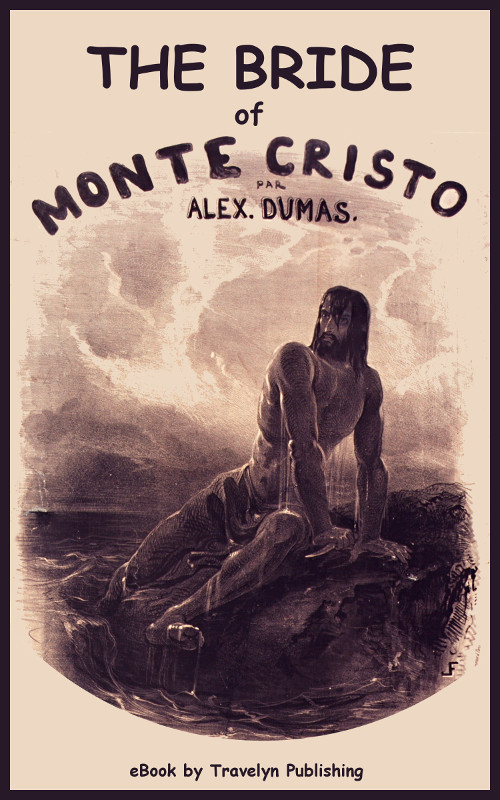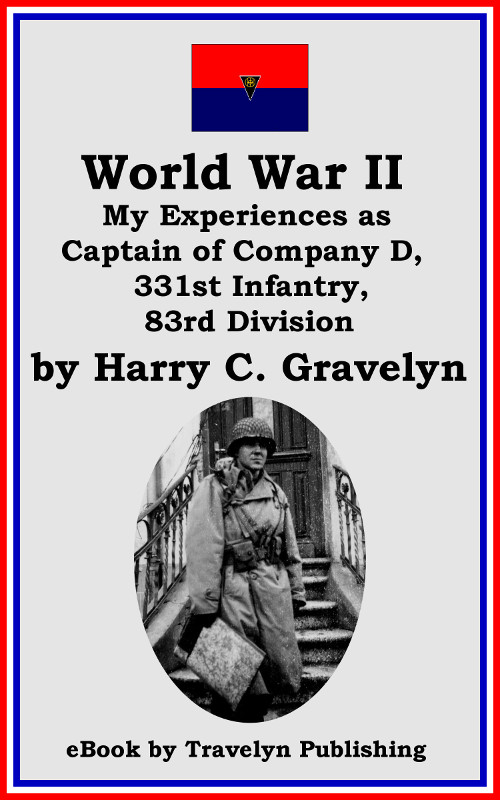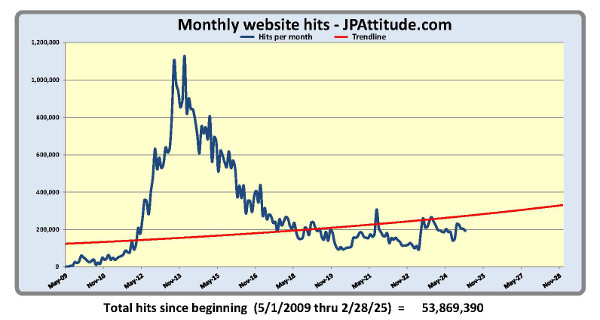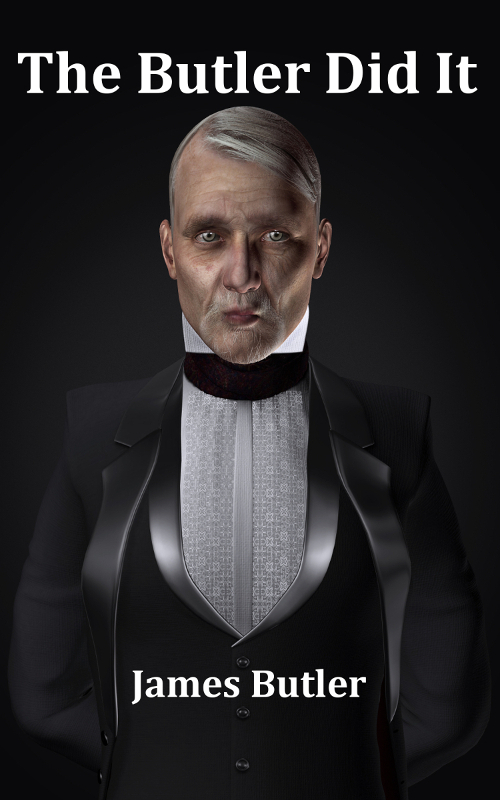The perfect game that wasn’t
June 10, 2010
 Pitching a perfect game in baseball is not the rarest accomplishment in sports. It’s not even the rarest accomplishment in baseball. There have been 19 perfect games thrown in Major League Baseball (MLB) since 1900 but only 15 unassisted triple plays and only 15 times has one guy hit four homeruns in a game.
Pitching a perfect game in baseball is not the rarest accomplishment in sports. It’s not even the rarest accomplishment in baseball. There have been 19 perfect games thrown in Major League Baseball (MLB) since 1900 but only 15 unassisted triple plays and only 15 times has one guy hit four homeruns in a game.(And only one Disco Demolition Night.)
Still, there’s something extra special about a perfect game. Unassisted triple plays and homeruns are flash-in-the-pan individual feats—boom bam it’s a done deal—whereas pitching a perfect game requires two hours of extended effort and concentration by the pitcher, backed up by flawless defense from his teammates, all done in the pressure cooker of historical momentousness.
Notice that I said 19 perfect games. Unfortunately, that’s not the number in official MLB statistics. They only show 18 because on June 2 pitcher Armando Galarraga and the Detroit Tigers did everything necessary to accomplish perfect game number 19 but the first base umpire, Jim Joyce, blew the call on what should have been the last out, leaving Galarraga one blemish short of perfection. You can watch the play on YouTube here:
I’m not a baseball fan. The slow pace and irritating rituals drive me crazy. (Yeah, okay, I know that’s not a long drive. Nevertheless…) When I see an ADHD-ish bubblegum-chewing pitcher stare at an ADHD-ish bubblegum-chewing batter for a full minute, shake off the catcher three times, finally get ready to throw a pitch only to have the batter suddenly step out of the batter’s box so he can bang the bat on his cleats (again), adjust his cap (again), and scratch his privates (again), whereupon they start the whole ritual over again, I just want to scream. I start daydreaming about Lawrence Taylor jumping out of the stands in full pads, knocking the catcher and umpire ass-over-teakettle, and then planting the batter face-first into the turf.
If you see me smiling during a baseball game, that’s what I’m thinking about. That or my other baseball fantasy, the one where Shaquille O’Neal comes in to play first base and won’t let anybody touch the bag.
Anyway, in spite of my lack of interest, last year’s playoffs caught my attention. Watching SportsCenter every night for news about the NFL and NBA, I was bombarded with stories about MLB umpires making mistakes. Huge, egregious, game-altering mistakes.
First, on October 6, in extra innings of the one-game American League (AL) tie-breaker between the Minnesota Twins and Detroit Tigers, home plate umpire Randy Marsh didn’t call a hit-by-pitch that would have given the Tigers the go-ahead run and still left them with the bases loaded.
Yeah, I know, it’s like they’re picking on the Tigers. Detroit doesn’t have enough problems with the bad economy, faltering auto companies, and the Lions?
Then on October 8 in an AL Divisional Series game between the Red Sox and Angels, first base umpire C.B. Bucknor (who was voted the worst umpire in baseball in 2006) twice called Angel Howie Kendrick safe at first base when he was clearly, obviously, without-a-shred-of-doubt out both times.
At least it wasn’t Detroit getting robbed for once.
The next day, in the other AL divisional series between the Twins (who made the playoffs thanks to umpire Marsh) and Yankees, umpire Phil Cuzzi called foul ball on a Twins hit that clearly landed in fair territory. The Twins subsequently lost the game and then the series. The Yankees went on to win the World Series.
Hopefully they remembered to send a thank you card to Mr. Cuzzi.
 Worst of all, and most inexplicable of all, was what happened October 20 in Game 4 of the AL Championship Series between the Yankees and Angels. There was a rundown between third base and home, and Angels catcher Mike Napoli ran Yankee Jorge Posada back to third base where Yankee Robinson Cano was already standing, having opportunistically ambled over from second. This is the kind of situation which can momentarily confuse even professional baseball players. Instead of staying where they were and sharing the safety of the bag until third base umpire Tim McClelland decided which one of them was out, both Yankees stepped off the bag, instinctively trying to be polite.
Worst of all, and most inexplicable of all, was what happened October 20 in Game 4 of the AL Championship Series between the Yankees and Angels. There was a rundown between third base and home, and Angels catcher Mike Napoli ran Yankee Jorge Posada back to third base where Yankee Robinson Cano was already standing, having opportunistically ambled over from second. This is the kind of situation which can momentarily confuse even professional baseball players. Instead of staying where they were and sharing the safety of the bag until third base umpire Tim McClelland decided which one of them was out, both Yankees stepped off the bag, instinctively trying to be polite.
“Here, you can stand on third base.”(Okay, nobody actually said that stuff out loud but I could tell by their facial expressions what they were thinking.)
“No, no, you take it. I insist.”
“I would feel bad if I took third base when you clearly need it.”
“But you need it too! I couldn’t live with myself if I took a base away from my own teammate.”
Since both Yankees were off the bag, Napoli tagged them both out. If you’re a catcher who just chased somebody back to third, two runners standing there off the base is like Christmas. He tagged them out directly in front of McClelland who was standing—swear to God—three feet away staring intently at the whole thing as it happened. People like me who don’t like baseball, people who have never seen a baseball game in their lives, even blind people from Outer Mongolia who never heard of baseball could make that call. They were both off the bag, they were both tagged, they were both out.
McClelland ran the situation through his processors, dialed up his best umpire visage and demeanor, and with great authority called Cano safe at third. To fully comprehend how bizarre that call was, ponder the fact that he was calling a man safe at third base who was not even on third base when the call was made.
Umpire problems continued in the World Series. On October 29, Yankee Johnny Damon smashed a line drive toward Phillie first basemen Ryan Howard, which first base umpire Brian Gorman said Howard caught for an out. Television replays showed the ball bouncing on the ground before landing in Howard’s glove. Gorman made up for the mistake one inning later by calling Phillie Chase Utley out when he was safe.
One mistake for each team. The new definition of good umpiring.
When the 2009 season was over, baseball team owners were so embarrassed by all the umpire mistakes in the playoffs that they fired three of the seven guys who supervise them. Even Don Denkinger, the former umpire whose infamous bad call in the 1985 World Series cost the St. Louis Cardinals a world championship, had something to say, calling the umpiring during the playoffs “kind of a disaster.”
No kidding.
After all these strange calls—especially the McClelland call at third base last year and the perfect-game-stealing call by Joyce this year—I hope MLB is checking out their umpires for game fixing, gambling debts, and other nefarious motivations. I’m guessing they are. It seems rude to suggest that umpires might be dishonest but, after referee Tim Donaghy’s arrest for fixing games in the NBA, it’s a valid issue.
Meanwhile, I have a different explanation for the bad calls. Maybe it’s something I noticed because I’m not a fan which gives me fresh perspective:
The umpires are older than dirt.
These pudgy old farts are trying to jump around for the best position, running down the foul line trying to see where fly balls land, zipping back and forth during rundowns and steal attempts so they can see the tags, and most impossible of all, trying to hold their bladders for nine innings.
C’mon, we all know what middle-aged guys are like. What are the odds of putting four of them on a field and all of them being able to make it through a nine-inning game without needing to see a man about a horse?
Sports are for young men but apparently they’ve made the job of umpiring so lucrative and enjoyable that nobody wants to retire. Look at the umpires who made the mistakes listed here: Jim Joyce is 55, Randy Marsh is 61, C.B. Bucknor is 48, Phil Cuzzi is 55, Tim McClelland is 58, and Brian Gorman is 51.
No wonder! Guys that old can barely concentrate on a half-hour sitcom without falling asleep in their La-Z-Boy. Do we really expect them to stand on their feet for two straight hours, ignoring their shrieking bladders, and still have the mental acuity and physical oomph to zip down the third base foul line at full speed and make a fair/foul call in the ninth inning?
When's the last time you saw a 55-year-old man sprinting? It's ugly.
And let’s not even get started on the eyesight of a 50-something man who’s spent his life outside staring into the sun at fly balls. I’m 56 and I know what I can see and what I can’t see, and the latter outweighs the former by a ton. For instance, I think women in their fifties are beautiful which I didn’t when I was 20 and I suspect it has something to do with eyesight. That’s a blessing from God for a normal guy but for an umpire who needs to make a call at first base in the bottom of the ninth inning, so that a hard-working pitcher having the game of his life can make it into the Hall of Fame with a perfect game, it’s not such a blessing.
Ya know?
From Reno, Nevada, USA
June 17, 2010 - Give the umps a break. It's a hard job and nobody's perfect. - P. Compton, San Francisco
June 11, 2010 - I'm glad I'm not the only one who thinks the problem with the stupid umpires is their age. Don't expect that idiot Selig to do anything though. The man is useless as tits on a bull. - Bart N., Detroit
June 11, 2010 - I'm glad I'm not the only one who thinks the problem with the stupid umpires is their age. Don't expect that idiot Selig to do anything though. The man is useless as tits on a bull. - Bart N., Detroit













